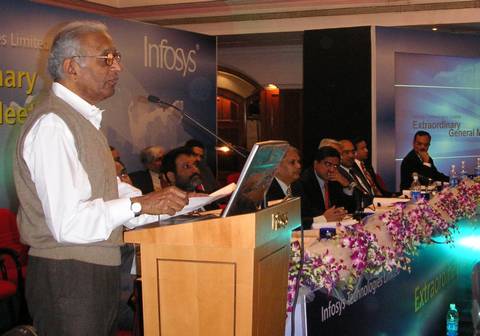I’m currently reading Indian philosopher and statesman Sarvepalli Radhakrishnan’s The Philosophy of Rabindranath Tagore (1918.)
Remarking that “a true seer sees in natural facts spiritual significance,” Radhakrishnan comments about Tagore’s revealing of the relation of the individual to the universe, showing how the Indian way of thinking not only emboldens oneness with nature, but also—or especially—with the divine consciousness therein. Radhakrishnan quotes from Tagore’s Sādhanā: The Realisation of Life (1916,)
The Indian mind never has any hesitation in acknowledging its kinship with nature, its unbroken relation with all.
…
The earth, water and light, fruits and flowers, to her were not merely physical phenomena to be turned to use and then left aside. They were necessary to her in the attainment of the ideal of perfection, as every note is necessary to the completeness of the symphony.
…
The man whose acquaintance with the world does not lead him deeper than science leads him, will never understand what it is that the man with the spiritual vision finds in these natural phenomena. The water does not merely cleanse his limbs, but it purifies his heart; for it touches his soul. The earth does not merely hold his body, but it gladdens his mind; for its contact is more than a physical contact, it is a living presence. When a man does not realise his kinship with the world, he lives in a prison-house whose walls are alien to him. When he meets the eternal spirit in all objects, then is he emancipated, for then he discovers the fullest significance of the world into which he is born; then he finds himself in perfect truth, and his harmony with the All is established.
Image Credit: Joshua Earle at Unsplash
.jpg)
 This specific tenet can be interpreted as comparatively lenient, even indulgent, compared to the mainstream Hinduism and the derivative Jain and Buddhist philosophies. Within these contexts, non-violence is a fundamental building block of ethics. Naturally, this idea of refraining from cruelty proscribes murder, but it also surpasses that guideline. In fact, practicing pacifism deters all varieties of violence against any sentient being, be it a human or an animal. Under the rule of non-violence, these creatures are protected from aggression, hostility, cruelty, sadism, and savagery—all unacceptable forms of conduct.
This specific tenet can be interpreted as comparatively lenient, even indulgent, compared to the mainstream Hinduism and the derivative Jain and Buddhist philosophies. Within these contexts, non-violence is a fundamental building block of ethics. Naturally, this idea of refraining from cruelty proscribes murder, but it also surpasses that guideline. In fact, practicing pacifism deters all varieties of violence against any sentient being, be it a human or an animal. Under the rule of non-violence, these creatures are protected from aggression, hostility, cruelty, sadism, and savagery—all unacceptable forms of conduct..jpg)



